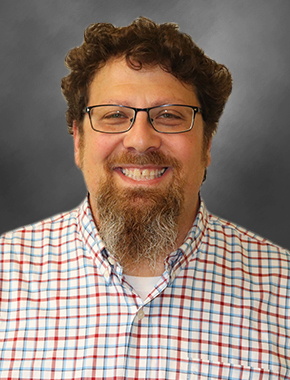

Across all ages and abilities, the freedom to work and learn can be life-changing. The Virginia Department of Aging and Rehabilitation Services (DARS) works diligently to make these experiences a reality for everyone, regardless of their age or background.
David Leon, director of workforce programs at DARS, strengthens solutions and services to assist in the success of individuals entering the workforce. With Leon at the helm, the agency provides comprehensive vocational rehabilitation, career counseling and guidance, assistive technology, resume prep, on-the-job training and tuition assistance, all to eliminate barriers many people face when pursuing workforce training opportunities.
Partnering with Virginia’s Community Colleges, the agency focuses on bringing the right tools and awareness of services to the students. Rather than just giving accommodations, both organizations go above and beyond to solidify that students take full advantage of these opportunities.
“We often work with disability student services, helping to make sure that individuals with disabilities are prepared and have the tools they need to be successful in school. Also, as students are exiting the community college system with credentials, we provide support in transitioning to the workforce and finding employment opportunities,” said Leon.
World of Opportunity
It isn’t just a one-way street for education; DARS bridges the gap between industry and education by opening the conversation to employers on the benefits of program participants.
“That’s a big part of what we do at DARS: educating the business world and employers about the abilities of the participants of our program,” said Leon. “We offer something called Windmills training, which is disability etiquette on-demand, and in any given year, we might provide that training to 2,000 HR or program staff. Both to create employment opportunities for the individuals we work with, but also to assist public-facing groups with the customer experience for someone with a disability.”
Shift in Technology
The state of the workforce is constantly evolving, and with the influx of new technologies emerging, workers who can adapt to these systems are sought after.
“Trying to make sure individuals have access to assistive technology, that they are comfortable in not just using the tech available today but are we preparing people to be fluid and resilient when new technology comes out so they can again, transfer those skills to the next operating system, the next program, the next timecard system in a business or scheduling system,” said Leon.